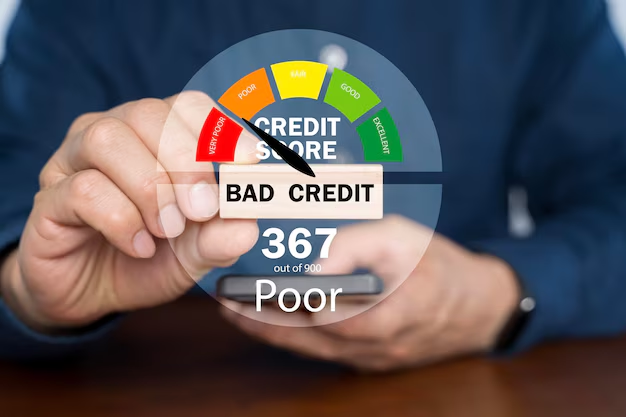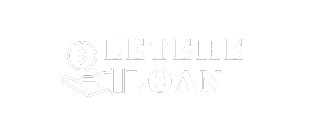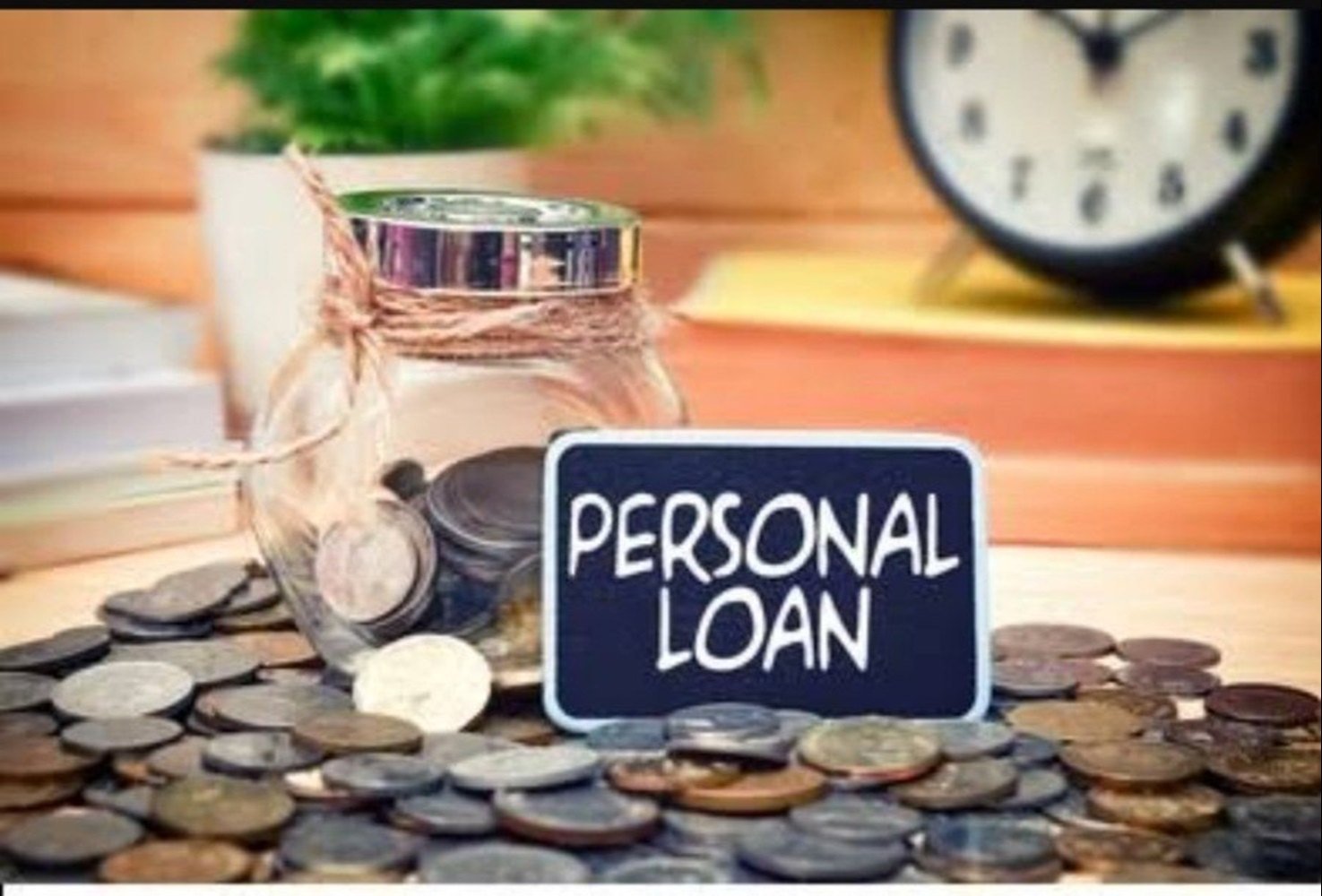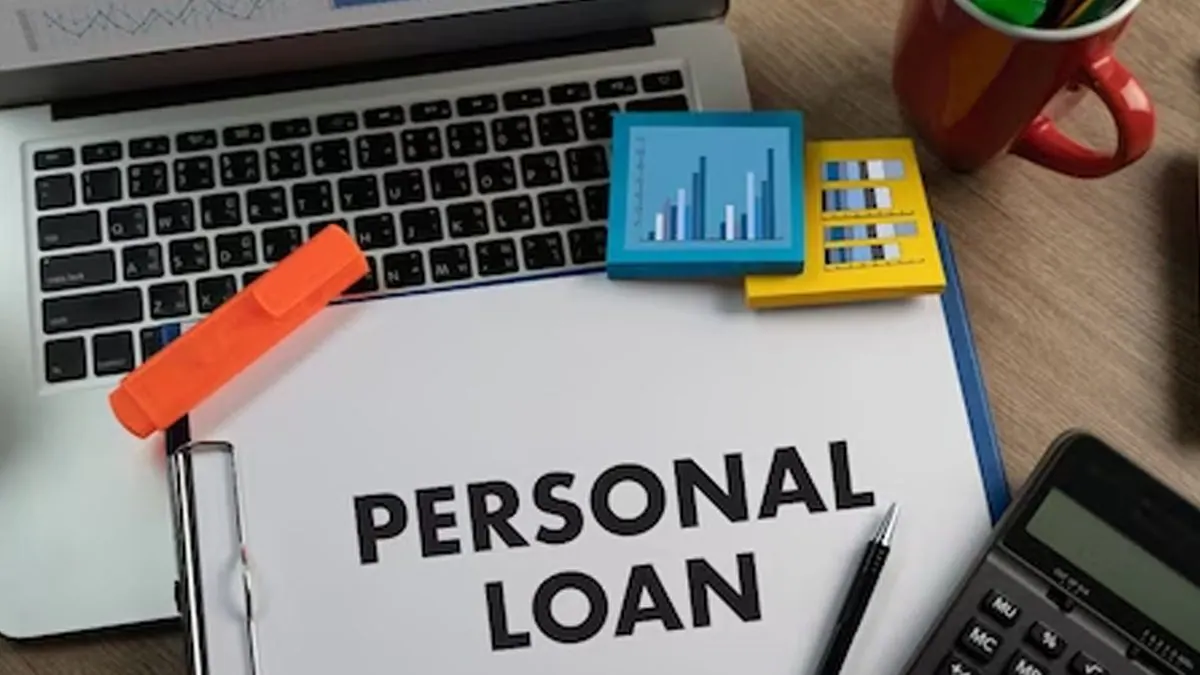Personal loans can be an excellent option when you need to borrow money for various purposes, such as debt consolidation, home renovations, medical expenses, or funding a major purchase. However, when considering a personal loan, one of the most important factors to understand is the interest rate. Personal loan rates can vary significantly depending on various factors, and knowing how to navigate them can help you make the best decision for your financial situation.
In this ultimate guide, we’ll explore everything you need to know about personal loan rates. We’ll discuss what influences these rates, how to find the best loan terms, and provide answers to some frequently asked questions to help guide you in securing the best deal for your needs.
Key Takeaways:
- Personal loan rates are influenced by factors such as your credit score, loan amount, term length, and income.
- Fixed-rate loans offer predictable monthly payments, while variable-rate loans may fluctuate.
- Comparing lenders and understanding the full cost of borrowing can help you secure the best deal.
- Refinancing or improving your credit score can help you lower your personal loan rate over time.
What Are Personal Loan Rates?

Personal loan rates refer to the interest charges a lender imposes when you borrow money through a personal loan. Personal loans are typically unsecured, meaning they don’t require any collateral (such as a house or car) to back the loan. The rate you are offered is determined by several factors and can have a significant impact on your total repayment amount.
Key Types of Personal Loan Rates:
- Fixed Interest Rate: With a fixed-rate loan, the interest rate remains the same throughout the life of the loan. This means that your monthly payment will not change, making it easier to budget and plan for the future.
- Variable Interest Rate: A variable-rate loan is subject to change based on the market or index that the lender uses to determine the rate. While the initial rate might be lower than a fixed-rate loan, it can fluctuate over time, potentially increasing your payments in the future.
What Factors Affect Personal Loan Rates?
Several factors influence the interest rate you receive on a personal loan. Understanding these factors can help you improve your chances of securing the best rate possible.
Credit Score:
One of the most significant factors in determining your personal loan rate is your credit score. Lenders typically offer the best rates to borrowers with higher credit scores (usually 700 or above). If your credit score is lower, you may face higher rates to compensate for the added risk the lender is taking.
Loan Amount and Term:
The size of the loan and its repayment period can affect the rate. Smaller loans or those with shorter terms typically carry lower rates because they are less risky for lenders. However, if you opt for a longer-term loan, you may end up paying a higher rate.
Income and Employment Status:
Lenders also assess your ability to repay the loan based on your income and job stability. A steady income with a reliable employment history can improve your chances of securing a lower rate.
Debt-to-Income Ratio:
Your debt-to-income ratio (DTI) is a critical factor. This ratio compares your total monthly debt payments to your gross monthly income. A lower DTI ratio indicates that you’re less likely to default on your loan, which can lead to a lower rate.
Loan Type and Lender:
The type of personal loan and the specific lender can also affect the rate you receive. Some lenders, such as banks and credit unions, may offer more competitive rates than others, and some loans (like debt consolidation loans) may have more favorable terms.
Market Conditions:
Economic conditions, such as inflation and central bank rates, can influence personal loan rates. When interest rates rise in the broader economy, lenders typically increase personal loan rates to maintain profitability.
Collateral (If Applicable):
While personal loans are often unsecured, some lenders may offer secured loans that require collateral. If you offer collateral, the lender may provide a lower interest rate since they have an asset to claim in case of default.
How to Find the Best Personal Loan Rate
Finding the best personal loan rate requires some research and preparation. Here are some tips to help you secure the lowest possible rate:
- Check Your Credit Report: Your credit score plays a major role in determining the loan rate. Review your credit report for any errors that could be affecting your score. If your score is low, take steps to improve it before applying for a loan.
- Compare Lenders: Not all lenders offer the same rates, and the difference can be significant. Use online comparison tools to shop around and compare rates from various banks, credit unions, and online lenders.
- Consider Loan Terms: While a lower interest rate is important, the loan term is equally crucial. A loan with a longer repayment term may have a lower monthly payment but could end up costing more in interest over the long term. Balance both interest rate and loan term to find the best fit for your budget.
- Opt for Automatic Payments: Some lenders offer discounts on the interest rate if you set up automatic payments from your bank account. This helps ensure you make timely payments, reducing the lender’s risk.
- Ask About Discounts: Don’t hesitate to inquire about any available discounts or promotions that might apply to your loan. Some lenders offer lower rates for loyal customers or those with strong credit histories.
- Avoid Extra Fees: Personal loans may come with additional fees, such as origination fees, prepayment penalties, or late fees. Factor in all costs when comparing loans to get a true picture of the overall cost of borrowing.
How to Improve Your Personal Loan Rate

If your credit score is low or your financial situation isn’t ideal, there are steps you can take to improve your chances of qualifying for a lower rate.
- Pay Down Existing Debt: Reducing your credit card balances or other high-interest debt can lower your debt-to-income ratio and improve your credit score.
- Save for a Larger Down Payment: If you’re taking out a secured loan, offering more collateral can increase your chances of getting a lower rate.
- Consider a Co-Signer: If you have a co-signer with a stronger credit profile, lenders may offer you a lower interest rate. Just make sure that your co-signer understands their responsibility in case of default.
- Opt for a Shorter Loan Term: Shorter loan terms typically carry lower rates, so consider a loan term that fits your financial situation but is still manageable.
OnePL: An Instant Personal Loan Offered on OneScore App
Access quick funds for personal needs with the OnePL option on the OneScore app. You can get instant pre-approved personal loans of up to ₹5,00,000 with minimal documentation. This process is simple and fast – apply through the app and receive instant approval. There’s no need for complex paperwork or long waiting periods. Whether you’re salaried or self-employed, OnePL offers a hassle-free way to get the funds you need.
The loan is entirely digital, ensuring quick approval and direct transfer to your bank account. With transparent terms, competitive interest rates, and flexible repayment options, we’re committed to making personal loans more accessible and convenient for you.
Summing up, getting a personal loan can be the quickest and easiest solution to address sudden financial emergencies. Remember things such as your credit score, repayment history, and outstanding debts before you apply for one to get it at a low interest rate. Say goodbye to last-minute hassles and getting stuck in a vicious cycle of high-interest debts; say hello to low-interest personal loans!
How do personal loan interest rates work?
Financial institutions evaluate the interest rate based on the principal amount borrowed, expressed as a percentage. This rate is also known as the nominal annual percentage rate (APR) and may include additional fees and costs.
The APR provides a detailed picture of the total cost of borrowing. When considering a personal loan, it’s essential to focus on both the interest rate and any associated charges to avoid surprises in the overall repayment amount.
Factors affecting personal loan interest rates
- Employment history and credibility: Lenders often scrutinise your employment history and the credibility of your employer when determining personal loan interest rates. A stable job history with a reputable employer can work in your favour. For instance, government employees may be offered lower interest rates due to perceived job security compared to their private-sector counterparts.
- Comparing interest rates and offers: With many aggregator platforms available, comparing personal loan rates has never been easier. Websites that allow you to assess your eligibility can guide you to the best offers tailored to your needs. Maintaining a healthy relationship with a bank or NBFC could help to get a personal loan at cheaper interest rates. Long-standing customers often have access to customised loan plans and potentially lower interest rates.
- Good credit score and repayment history: Your credit score is one of the most crucial factors influencing the interest rate you may receive. A score of 750 or above significantly enhances your chances of securing a lower interest rate. Maintaining a good credit score involves timely payments of existing loans and credit card bills, as well as limiting new credit inquiries.
- Interest calculation method: Different lenders employ various methods to calculate interest rates, impacting the total cost of borrowing. It’s essential to understand whether your loan is fixed or variable. Fixed-rate loans maintain the same interest rate throughout the loan term, providing predictability in monthly payments. Conversely, variable-rate loans may start with lower rates but can fluctuate over time, potentially leading to higher costs in the long run.
- Secured vs. unsecured personal loans: A significant distinction between secured and unsecured personal loans lies in the requirement for collateral. Secured loans, which require an asset like property or a vehicle as collateral, often come with lower interest rates due to reduced lender risk. On the other hand, unsecured loans do not require collateral but necessitate a strong credit score for approval.
- Repayment timeline: The length of the loan repayment schedule can also impact interest rates. Generally, longer repayment periods are associated with higher interest rates due to increased risk for the lender. Opting for a shorter loan term may result in lower interest rates.
How to calculate personal loan rates of interest?

To calculate the total amount payable as an equated monthly instalment (EMI), you can use a personal loan calculator. For example, if you require a personal loan of Rs 1 lakh at an interest rate of 10% for a 12-month term, your estimated EMI would be around Rs 8,793, with total interest paid close to Rs 5,500 over the loan period. Using an online personal loan calculator can simplify this computation.
What impacts interest rates:
Your income or cash flow
Needless to say, your income or cash flow (if you are self-employed) has the most important bearing on the rate at which you can access loans. Each lender has set a minimum threshold for both salaried or self-employed individuals depending upon the city that he or she is located in.
Nature of employment
The nature of your job or the place you work in also has an impact on the interest rates at which you can get a loan. For instance, you may be eligible for a higher loan amount at a lower interest rate even with a lower salary in a reputed organisation as compared to a higher salary in a lesser known organisation. Similarly, if the nature of your work is perceived as “unstable” by the lender, or you have been shifting jobs very often you may find it difficult to get a low loan rate.
Existing relationship with bank
If you are an account holder with a bank for many years or have had a great relationship already with the bank for a previous loan that you have serviced, you may be at an advantage as you can then negotiate for a lower personal loan rate. Often banks are eager to get a good customer who have a good loan service record and may be willing to give you an interest rate for a personal loan that is lower than the prevailing rate of interest.
Your credit score
Your credit score is a three-digit score assigned to you by CIBIL, India’s premiere credit bureau. This score is computed on the basis of credit service record. If you maintain general financial discipline and maintain a score of 750 or more out of 900 you may be eligible for a lower personal loan rate as compared to a person with a poor CIBIL score.
Other options for borrowers
If you are finding it difficult to get a personal loan at a lower rate of interest from traditional lenders, you may consider getting a loan on a P2P Lending platform. These are innovative virtual loan marketplaces where borrowers can get in touch with individual lenders who are looking at earning stable inflation-adjusted returns. If your requirement matches with the expectation of the lender, you can apply for the loan directly and get a better personal loan rate as compared to a traditional lender like a bank or a financial institution, since you are not required to pay any intermediation fee.
P2P Lending platforms are also beneficial for borrowers as they do not rely merely on traditional methods of credit assessment but also take into account future repayment capabilities of the prospective borrower. Thus, those who do not have a good credit score may qualify for a loan on a Peer to Peer Lending platform, while those with a good CIBIL score may end up getting a better personal loan rate. Faircent evaluate a Borrower’s ability, stability and intent to repay their loan basis more than 400 data points across 120+ parameters. By using new-age technology Faircent’s fully automated credit evaluation mechanism is helping Borrowers access cheaper and faster personal loans. Faircent is India’s largest and only RBI certified NBFC-P2P platform. So in case of any requirements for personal loan, do sign up on Faircent.com
Understanding Personal Loan Interest Rates
To make loans, banks must first borrow money from other banks or their customers’ deposits. The interest rate on a personal loan reflects how much it costs a bank to borrow money and the inherent risk of lending money when there is no guarantee that it will be repaid.
Three important factors determine the interest rate on a personal loan:
- The borrower’s creditworthiness: Borrowers with a high credit rating tend to get better rates because they have a lower risk of default.1 Lenders may also consider the borrower’s employment status and income since these affect the likelihood of repayment. Borrowers with low income or a history of missed payments tend to get the highest interest rates because there is no certainty that they will be able to make full payments.
- The length of the loan: Lenders make more money from long-term loans than short-term ones because the debt has more time to accrue interest. As a result, they offer lower rates for longer-term loans. Some lenders may charge a prepayment penalty for borrowers who pay off their loans too quickly.
- The cost of borrowing: Banks borrow money from one another at an interest rate that is based on the federal funds rate. This cost is then passed on to the consumer—if the cost of borrowing money is high, then interest rates for personal loans will be even higher.
Average Interest Rate on a Personal Loan
In 2024, the average personal loan interest rate fluctuated. By September, it was 25.94%. The rate you pay will depend on the lender and your credit score. Secured personal loans may come with lower rates than unsecured loans. It’s smart to shop around for the best personal loans before deciding which is right for your situation.
Calculation of Personal Loan Interest
Armed with Regulation Z disclosure requirements and knowledge of how interest on closed-end personal loans is calculated, it’s possible to make an informed choice when borrowing money. Lenders use one of three methods—simple, compound, or add-on—to calculate interest on personal loans. Each method relies on the stated APR provided in the disclosure document.
Also Read : The Ultimate Guide To Personal Loans Online: How To Choose The Right Option For You
Conclusion
Understanding personal loan rates is crucial for making an informed borrowing decision. Your credit score, the loan amount, and market conditions all play a role in determining the rate you’ll pay, so it’s important to shop around and compare offers from different lenders.
By taking steps to improve your credit score, choosing the right loan terms, and avoiding unnecessary fees, you can secure a personal loan that suits your financial goals and minimizes the cost of borrowing.
FAQs
What is a good interest rate for a personal loan?
A good interest rate for a personal loan typically ranges from 6% to 10%, depending on your credit score and financial situation. Rates above 10% are generally considered high, while those below 6% are excellent.
Can I get a personal loan with bad credit?
Yes, you can still get a personal loan with bad credit, but the interest rates will likely be higher. Consider looking into lenders that specialize in loans for those with lower credit scores.
How do personal loan rates compare to credit card interest rates?
Personal loan rates are generally lower than credit card interest rates, especially for individuals with good to excellent credit. Credit cards often have rates above 15%, while personal loans tend to range from 6% to 36%, depending on the borrower’s profile.
Can I refinance a personal loan to get a better rate?
Yes, you can refinance a personal loan to secure a better rate, especially if your credit has improved since you initially took out the loan. Refinancing can also help you reduce your monthly payments or shorten your loan term.
How do lenders determine the loan rate I receive?
Lenders assess various factors, including your credit score, income, debt-to-income ratio, loan amount, loan term, and market conditions, to determine the rate they will offer.
Is the interest rate the only cost of a personal loan?
No, in addition to the interest rate, lenders may charge fees such as origination fees, late payment fees, and prepayment penalties. Always read the fine print and consider all costs before accepting a loan offer.
Can I negotiate my personal loan interest rate?
While it’s not common, it’s possible to negotiate your rate, particularly if you have a strong credit history or a good relationship with the lender. It’s always worth asking if there is any flexibility.





